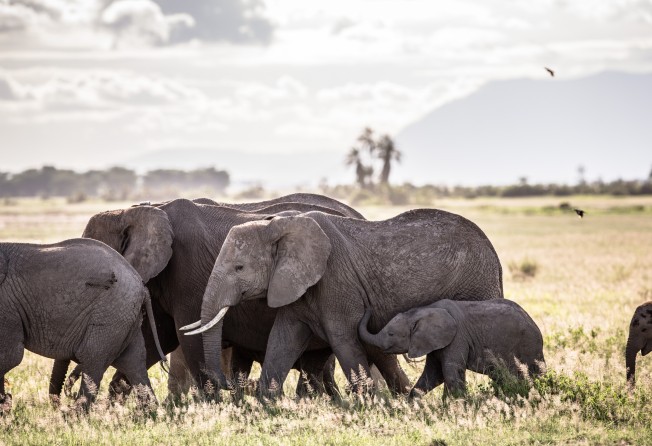Tiny bat defies the rule about longevity

From the elephant to the mayfly, biologists have always said there is a general rule about longevity: the bigger the animal, the longer it lives.
But an intriguing exception is the Brandt's bat, a native of temperate areas of Europe and Asia.
The insect-munching mammal tips the scales at five to eight grams - less than two teaspoons of sugar - yet can live for more than 40 years, as long as a dolphin and more than a horse or a cow.
Eager to learn why, an international group of scientists sequenced the bat's genetic code, highlighting a network of genes that could explain its exceptional lifespan.
The study, published in the journal Nature Communications, pinpointed genetic variants that, as expected, give the tiny creature its ability to navigate by sonar and to sense dim and ultraviolet light.
But they also came across "unique" variants that control cell sensitivity to two growth hormones.
One mutation is linked in humans to a form of dwarfism and may be protective against diabetes and cancer, previous work has shown.
"Together with adaptations such as hibernation and a low reproductive rate, [the variants] contribute to the exceptional lifespan of the Brandt's bat," the scientists suggest.
The Brandt's bat takes a long time to reach sexual maturity and produces a single pup at a time, which weighs about a seventh of the parent's body mass.
Meanwhile, another team, based in Singapore, believes other species of bat may help unlock the secret of longevity.
"The most outstanding difference we've seen between bats and other mammals has to do with DNA repair," said Wang Linfa, 53, director of the emerging infectious disease programme at the Duke-NUS graduate medical school in Singapore.
"If the science is as true as we think it is, we can unlock the mechanisms and it can have a huge, huge impact."
Wang's team works on the black flying fox, which is a big bat.
How some species can live three times longer than other mammals their size may be linked to their ability to carry viruses that are deadly to other animals, as well as their low rates of cancer, he said.